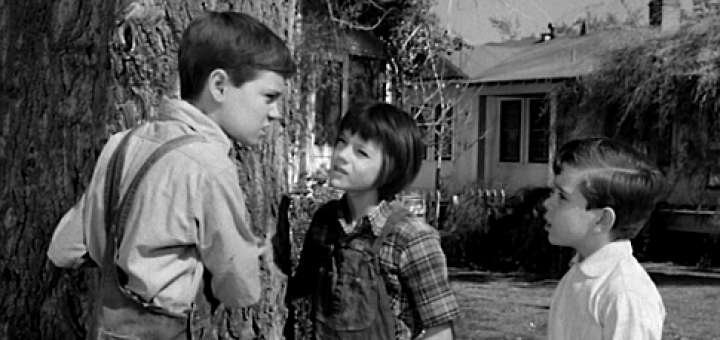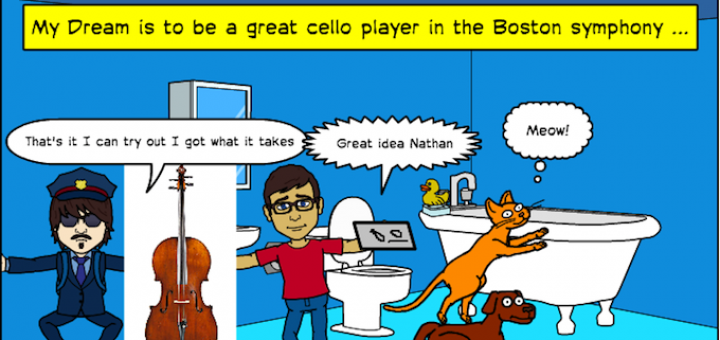Teaching and learning in grades 4-8
Rave notices continue for principal Eric Sheninger’s book on transformational Digital Leadership. Our reviewer Kristen Peterson appreciates the stories he shares of other leaders who have made the digital transition, as well as the practical advice.
Standards-driven reading lessons often force students to “take” rather than “make” meaning from complex texts, says educator Dorothy Barnhouse. To deepen understanding, she recommends letting students first “notice” and think about the textual layers.
For consultant Ruth Catchen, a good STEAM program addresses all the skills related to Arts & STEM subjects to make students career and college-ready. “Use cross-curricular experiences, deep content, and real world activities to maximize learning.”
The ideas in Teaching the Common Core Math Standards with Hands-On Activities worked when she gave them a test run in her classroom, says reviewer Linda Biondi. The book is teacher friendly and ready to use. “You can tell that the book is written by teachers who are currently teaching.”
Bringing the Common Core to Life in K-8 Classrooms, by Eric Jensen and LeAnn Nickelsen, offers fresh, easy-to-use ideas and resources to captivate, challenge and engage students as they build literacy skills, says reviewer Sandy Wisneski.
No matter how long or in what content area you have been helping students learn vocabulary words, reviewer Anne Anderson expects you will find Mariliee Sprenger’s Vocab Rehab a whole lot of help packed into a tightly focused book.
Often students are given graphic novels in a last-ditch effort to spark an interest in reading. In Kevin Hodgson’s 6th grade classes, comics are treated seriously as tools to promote better writing & deeper comprehension, using a unique skill set.
In our lives beyond school we expect understanding, trust, and a sense of fair play. We want our concerns validated and taken seriously, and we want our voices to be heard. Our students are entitled to the same, says veteran teacher Elyse S. Scott.
David Thornburg’s From the Campfire to the Holodeck is not just about blending technology into lessons; it’s about good teaching in learning environments designed for the 21st century, says reviewer Sarah Cooper. Is there a holodeck in your school’s future?
Co-teaching? Take a moment to reflect about on the year just past. What action steps did you take to amplify learning for you and your students? Elizabeth Stein recalls her action steps and shares 5 questions to help co-teachers do summer planning.



![STE[a]M-table 340 | MiddleWeb](https://www.middleweb.com/wp-content/uploads/2014/06/STEaM-table-340-720x340.jpg)


































